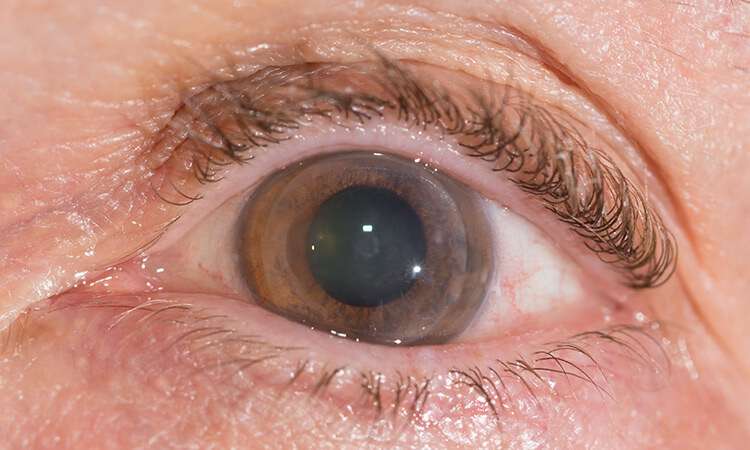penetrating keratoplasty
penetrating keratoplasty
Infiltrating keratoplasty (PKP), likewise alluded to as a corneal transfer or corneal unite, is the careful expulsion of a harmed or infected piece of the cornea, trailed by the implantation of solid tissue from a given human cornea, which is generally gotten from an eye bank. The cornea is the good covering of the front of the eye that refracts (twists) light beams as they enter the eye. If visual keenness is compromised because the cornea isn’t formed as expected or is obfuscated from injury, contamination, or illness, PKP might be suggested. The cornea has five layers; during PKP, each of the five layers is supplanted with giver tissue.

Procedure
The PKP system is performed, contingent upon the patient’s age, condition, and inclination, under nearby or general sedation. When the patient is anesthetized, a speculum is utilized to keep the eyelids open, and estimations are taken to evaluate how much benefactor tissue is required. The harmed tissue is taken out, and a matching piece of benefactor tissue is embedded. The new tissue is sewn into place; lines typically stay set up for a year. The medical procedure requires 1 to 2 hours and is performed on a short-term premise.
Risks
As with any surgical procedure, there are certain risks, including the following, associated with PKP:
- Scarring
- Postsurgical infection
- Leakage from the incision site
- Glaucoma or cataract formation
- Astigmatism, nearsightedness, or farsightedness
Vision problems, such as astigmatism after surgery can be addressed with corrective eyeglasses or contact lenses. Graft rejection occurs in a certain percentage of cases. Medications are available, however, to prevent or treat corneal rejection. Excessive bleeding can also happen, but it is rare.
Contact Us:
To schedule a consultation or learn more about our Penetrating Keratoplasty in Aurangabad, please feel free to get in touch with our team.
